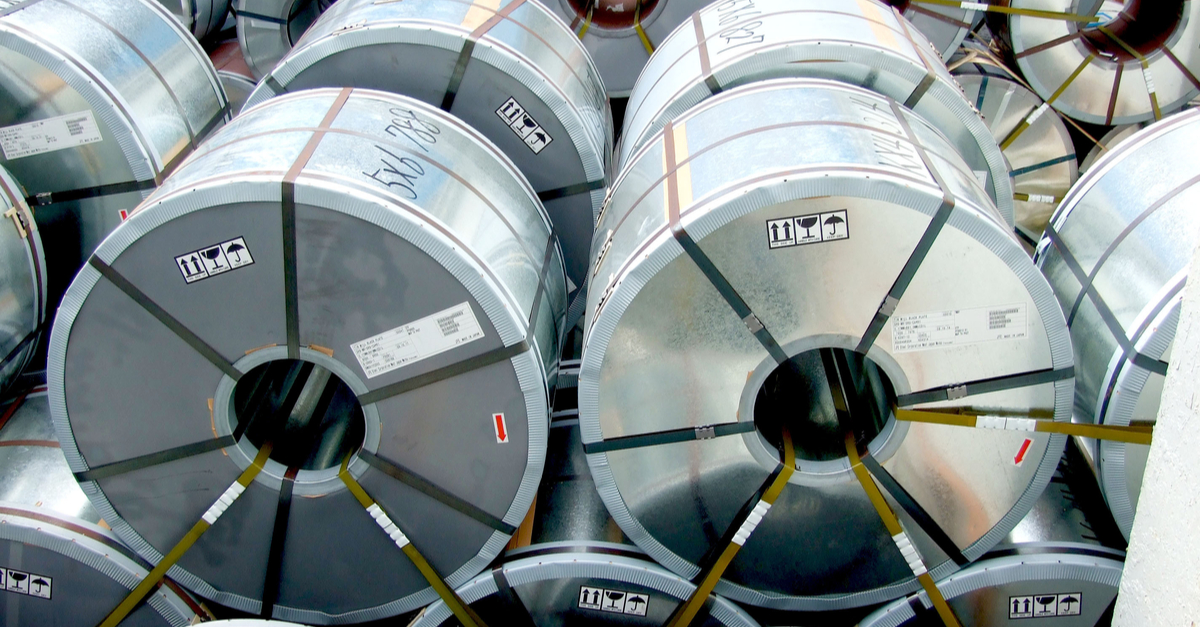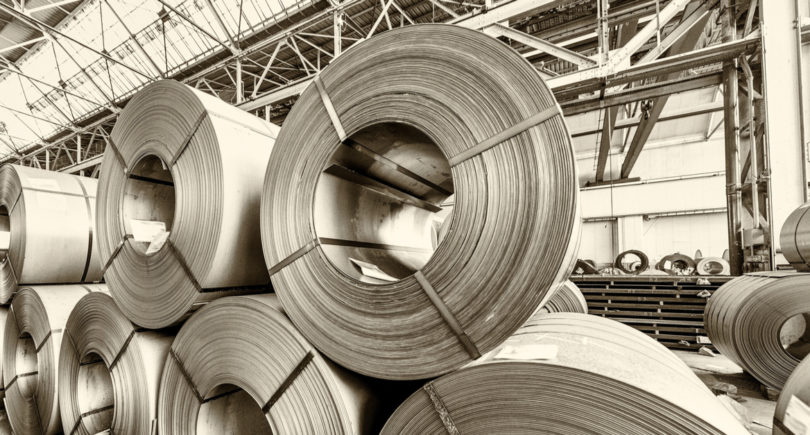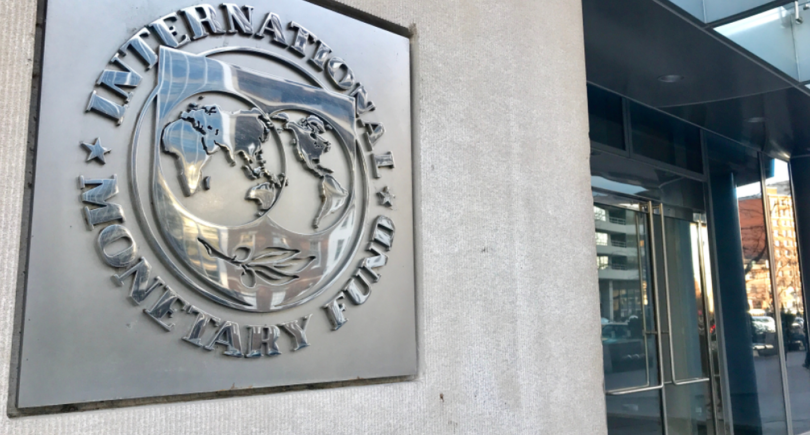
News Global Market EU 1900 23 January 2025
EBA calls for stricter conditions on steel imports to protect the domestic market
EUROFER, the European Steel Association, has appealed to the European Commission with a proposal to cut import quotas on flat products by 50%. This will help to create a better balance between domestic production and imports, ArgusMedia reports, citing a statement from the association.
The request was filed on January 10, 2025, as part of the functional review of safeguard measures, but its content became public only on January 22, causing importers’ dissatisfaction. The last day for submitting comments was January 13. Earlier, the Eurometal distributors’ association requested an extension, which was granted for only three days, including weekends.
EUROFER also proposed to set individual quotas for Chinese steel, despite the current anti-dumping duties. In addition, steel processed in other countries but manufactured in China should be counted within this quota and subject to duties.
According to the association, the current import volumes result in an oversupply of 8.75 million tons on the EU market, including 4 million tons of hot rolled steel (HRC), 1.2 million tons of cold rolled steel (CRC) and 2.8 million tons of galvanized steel (HDG).
EUROFER believes that the current duty of 25% is insufficient and proposes to increase the average rate to 34%. In addition, EUROFER called for extending the 15% limit for other countries to all steel categories, and for CRC to be limited to 10%. As for HRC, it is proposed to reduce the limit to 7%.
The organization also advocates for an end to the rollover of unused quotas to subsequent periods. It calls for refraining from liberalization of quotas in the final year of safeguard measures.
Importers have already expressed their dissatisfaction with the stricter restrictions, but EUROFER insists that such measures are necessary to protect the European steel industry.
As GMK Center reported earlier, in 2023, the European Union reduced imports of long products from third countries by 21.8% compared to 2022, to 6.96 million tons. Supplies of flat products decreased by 8% y/y – to 20.11 million tons over the year. The main suppliers are China, Turkey, South Korea, India, Taiwan and Vietnam.




